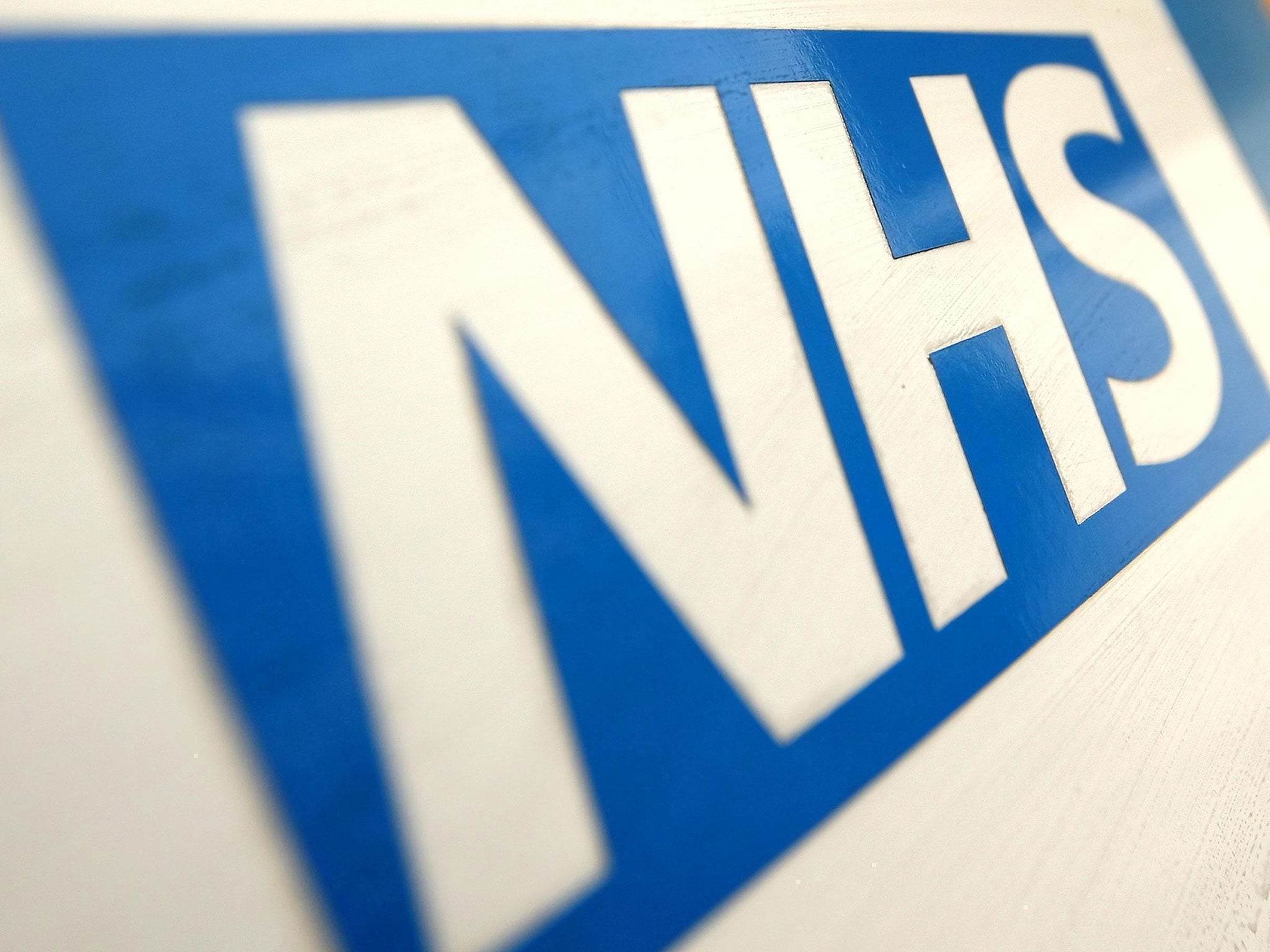GP services at 'breaking point' with longer waiting times on the way, claims survey
Almost 80% of GPs surveyed have seen reduction in opening hours over past two years

Your support helps us to tell the story
From reproductive rights to climate change to Big Tech, The Independent is on the ground when the story is developing. Whether it's investigating the financials of Elon Musk's pro-Trump PAC or producing our latest documentary, 'The A Word', which shines a light on the American women fighting for reproductive rights, we know how important it is to parse out the facts from the messaging.
At such a critical moment in US history, we need reporters on the ground. Your donation allows us to keep sending journalists to speak to both sides of the story.
The Independent is trusted by Americans across the entire political spectrum. And unlike many other quality news outlets, we choose not to lock Americans out of our reporting and analysis with paywalls. We believe quality journalism should be available to everyone, paid for by those who can afford it.
Your support makes all the difference.Doctors predict that patients will have to wait longer to see a GP in future as concerns mount over an NHS funding squeeze, a survey has shown.
Figures from a Royal College of General Practitioners poll of 206 British GPs found that over 70 per cent were forecasting longer waiting times for patients within two years.
The survey also found that eight in ten of those asked believed that they did not have enough resources to provide high-quality care.
GPs' are having to grapple with a "double whammy of spiralling workloads and dwindling resources", according to Royal College chairman Dr Clare Gerada.
Primary care, which includes GP services, has been one of the worst affected areas of spending in the health service. Spending has been frozen for the past six years in England. This is compounded by the fact that costs within the health service are rising at a much higher rate than inflation.
The Royal College has said that the financial situation has already started to have an impact on care.
A report earlier this year from the Patients Association, a body that campaigns for higher standards of care, suggested that people are already experiencing longer waits.
"The profession is now at breaking point and we do not have the capacity to take on any more work without extra funding and resources to back it up," said Dr Gerada.
According to the survey 78 per cent of GPs had already seen a reduction in opening hours over the past two years. Nearly half had cut back on the range of services they offered.
Ben Dyson, NHS England's director of commissioning policy and primary care said, "We fully recognise that demands and patterns of healthcare are changing, and that this is increasing pressure on parts of the NHS.
"That's why we have recently published a call to action about the future of general practice to help stimulate new, innovative approaches to providing services and ensuring every patient gets the care they need.
"Our key aim is to enable GP practices both to provide more co-ordinated care for people with more complex needs and to provide more accessible and responsive service, in conjunction with partners in community and social care."
Join our commenting forum
Join thought-provoking conversations, follow other Independent readers and see their replies
Comments